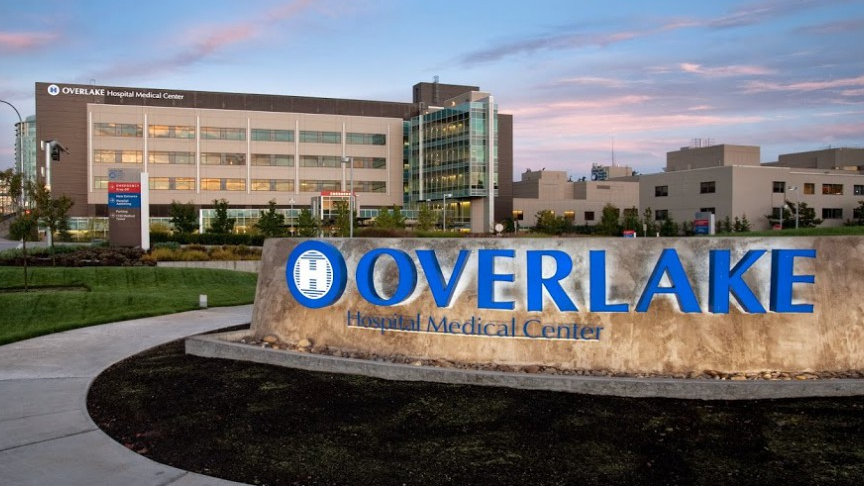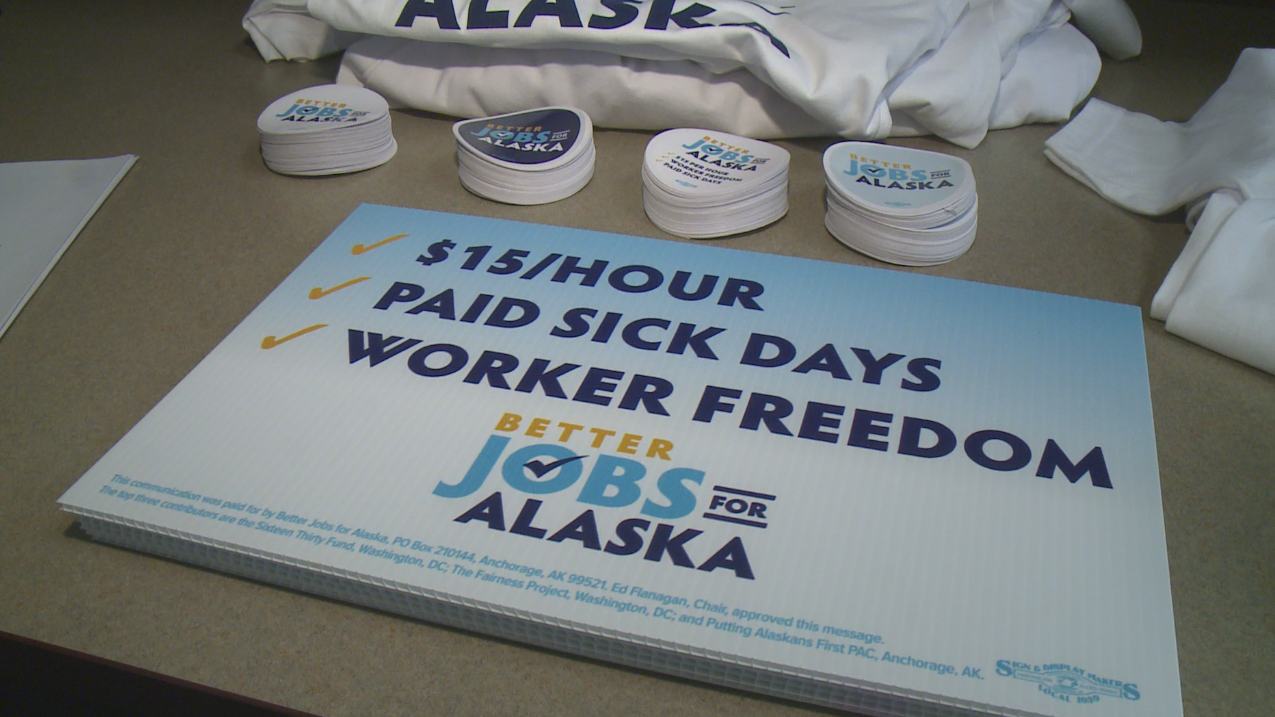In 2019, the Washington Legislature passed what is now known as the Washington Cares Fund. This fund gives Washington state residents basic Long-Term Care Insurance for those who qualify through a .58% payroll deduction on gross wages. This payroll tax starts January 1st, 2022.
Many have noted significant deficiencies in this program as written. There are two main concerns. First, people who lived outside the state of Washington but worked inside the state must pay the tax. However, they would not receive any of their benefits. People can only use the benefits while living inside Washington state. The other concern is the funds are not available until 2025 and only for those who worked over 500 hours per year for at least three of the previous six years or at least ten years without a break of five or more years. Those who plan to retire before 2025 would pay into the plan but not be eligible to receive any benefits.
Because of these deficiencies, on December 17th, Governor Jay Inslee and the state legislature released a statement “ordering the state Employment Security Department (ESD) not to collect the premiums for this program from employers before they come due in April. While legislation is under consideration to pause the withholding of Washington Cares fees, employers will not be subject to penalties and interest for not withholding fees from employees’ wages during this transition.”
There is a distinct point in this statement. The Employment Security Department (ESD) will not collect the tax until April 2022. However, at this point, the tax is still due. The governor stated in an announcement on December 23rd, “The Legislature will have an opportunity to fix their bill starting on January 10th when they convene for the session. It is my hope that they will do that quickly in order to provide clarity to employees and employers. I have considerable confidence that the Legislature will fix this problem.”
“As an employer, the state of Washington is following the law and will have to begin collecting money from state employee paychecks as of January 1st. We know that many other private employers are doing the same, and others are hoping that the Legislature will change the law. However, if the Legislature fails to do so, employers will still be legally obligated to pay the full amount owed to state ESD to begin the long-term care program.”
New legislation may delay the start of collecting this payroll tax to a future date, but for now, the law is still in place.
Exemptions
Employees who already have a qualifying Long-Term Care Insurance plan purchased before November 1st, 2021, must still submit an exemption request to the Employment Security Department through SecureAccess.wa.gov. In addition, the Employment Security Department may require the employee to create an active SAW account.
Once the employee has a SAW account, select the ‘Add A New Service’ button on the left-hand side of the screen. Next, select the ‘I would like to browse a list of services’ button on the right-hand side. Scroll through the list to Employment Security Department. Click it and select ‘Paid Family and Medical Leave’ from the drop-down menu. After the confirmation screen displays, the service is added to the employee’s Secure Access page. Under Paid Family and Medical Leave, hit the Access Now button. This site asks for a copy of identification documents like a driver’s license or passport. Submit a copy of the ID. That is all that is necessary.
The Employment Security Department will verify that the employee has an active LTC plan based on the ID submitted. Once verified, the Employment Security Department sends an exemption letter to the employee. The employee must give a copy of the letter to the employer. The employer keeps the exemption letter as proof they do not have to collect the payroll tax from the employee. In addition, during the New Hire process of future employees, employers should ask if the new employee has an exemption letter, so the payroll tax is not collected or paid by the employer.
*This document simplifies complex information as it is understood by Time Equipment Company. It is not to be taken as legal advice. The guidelines are consistently changing. For further information, please visit the Washington Cares Fund site.










